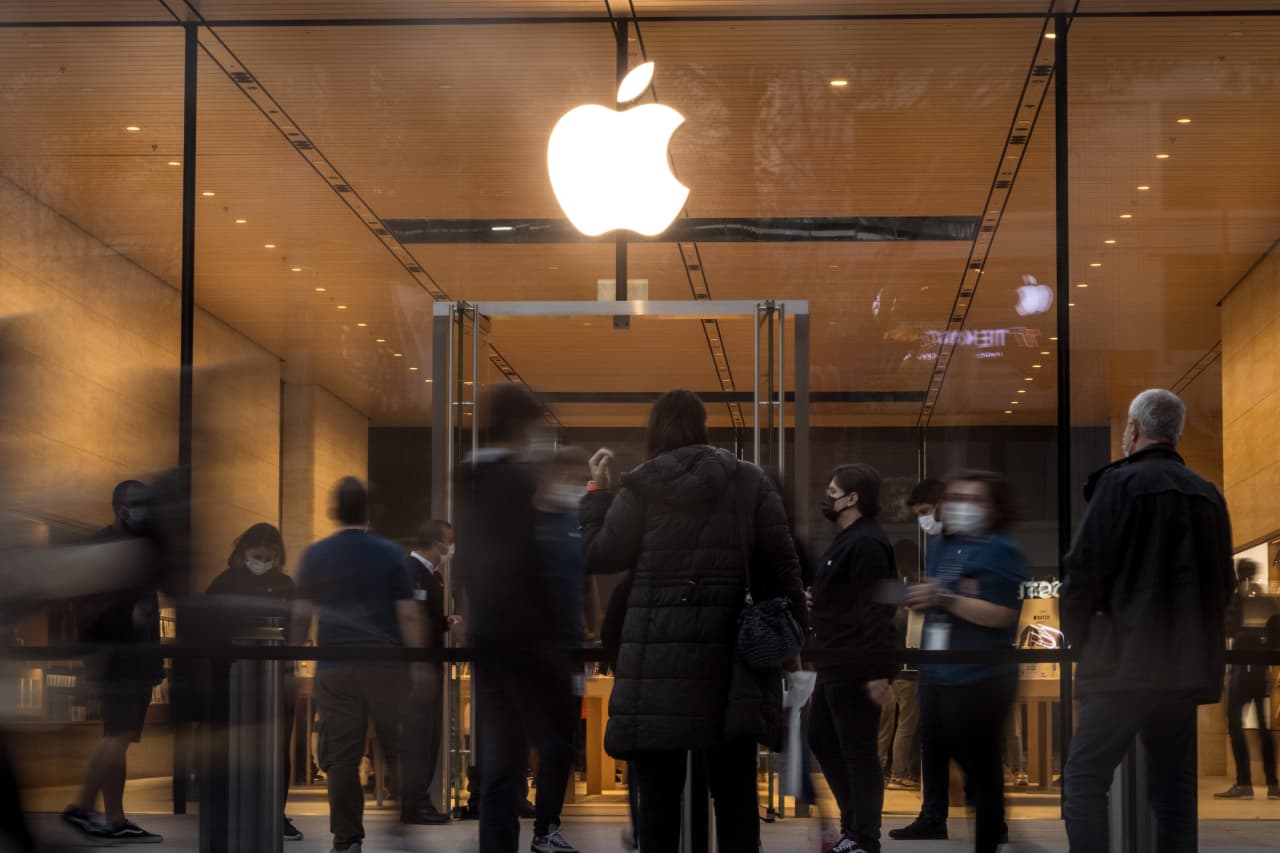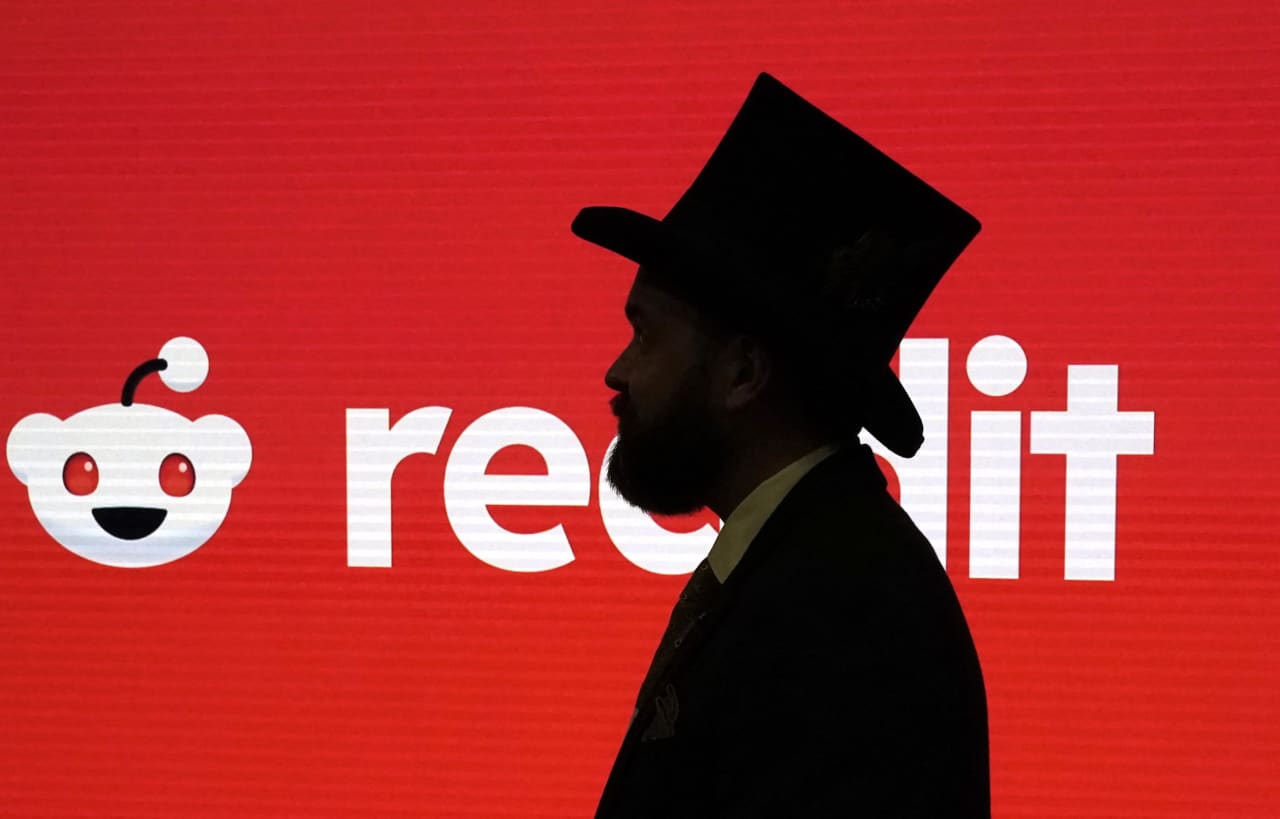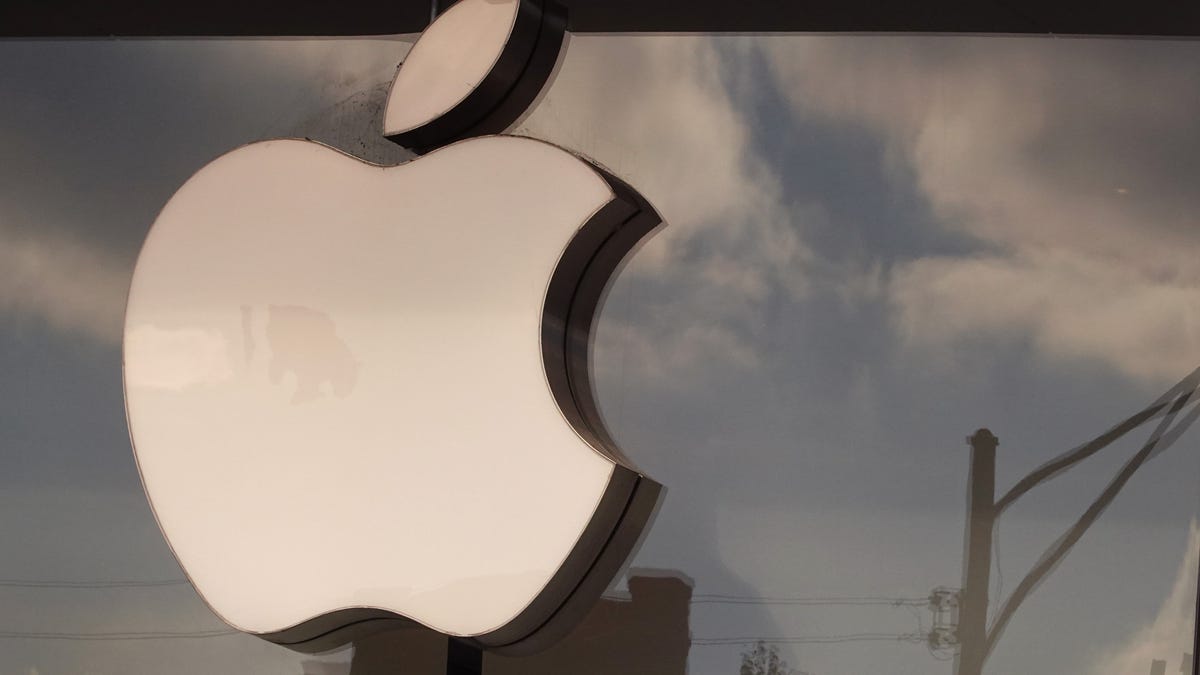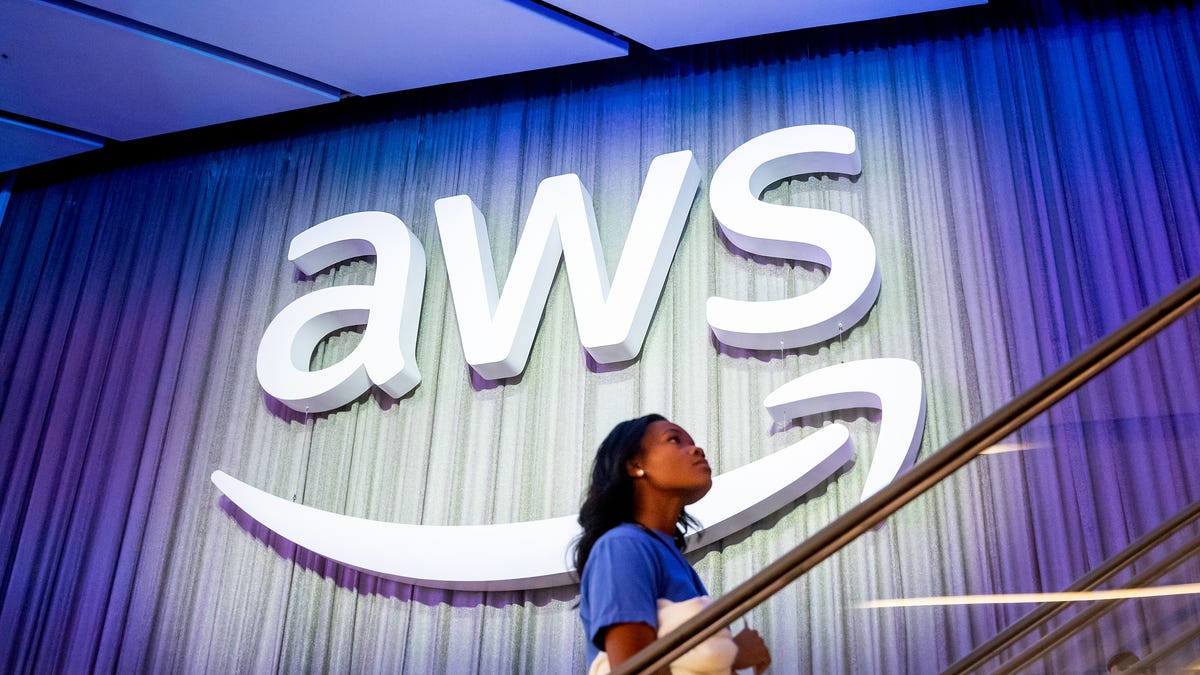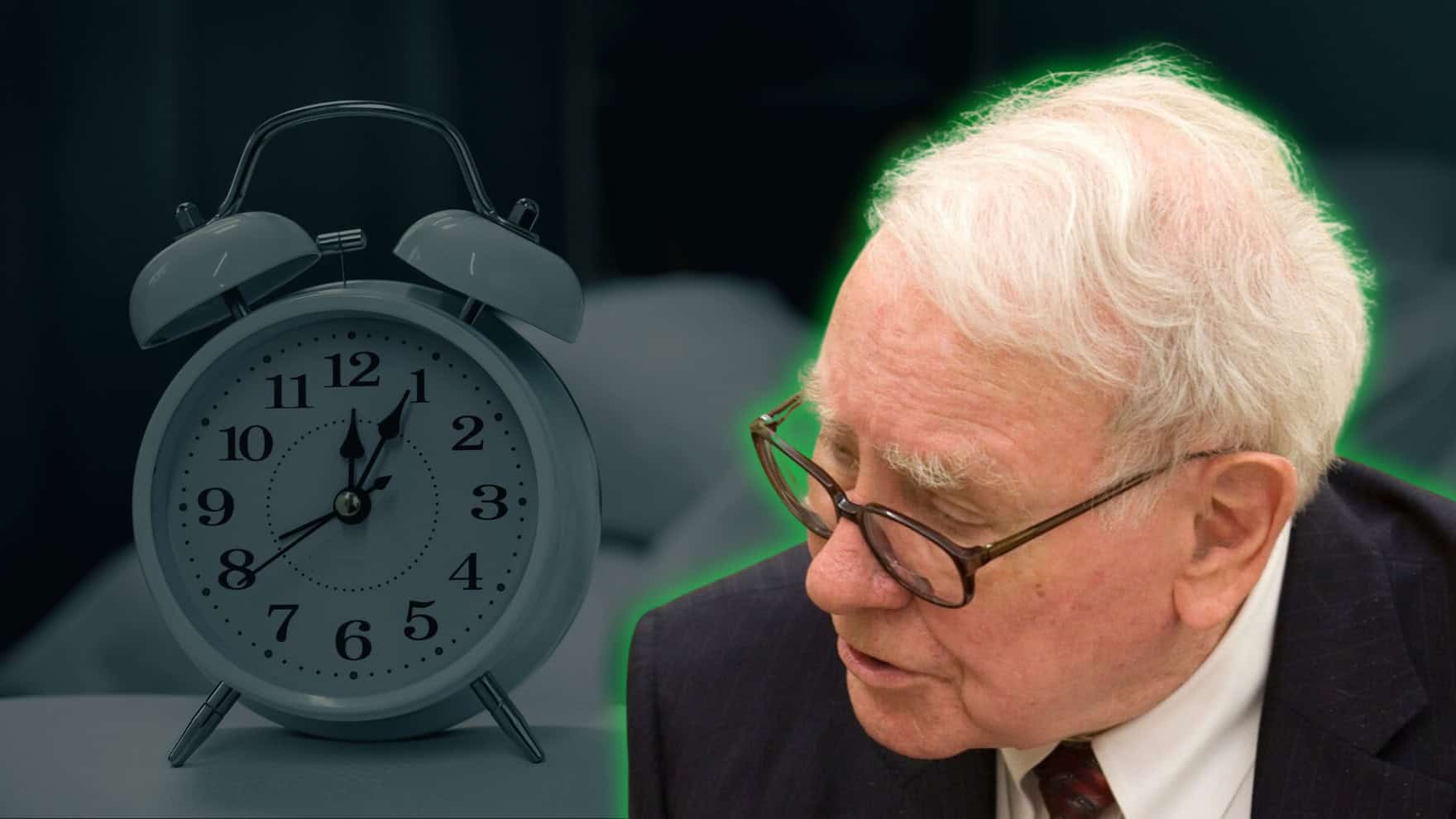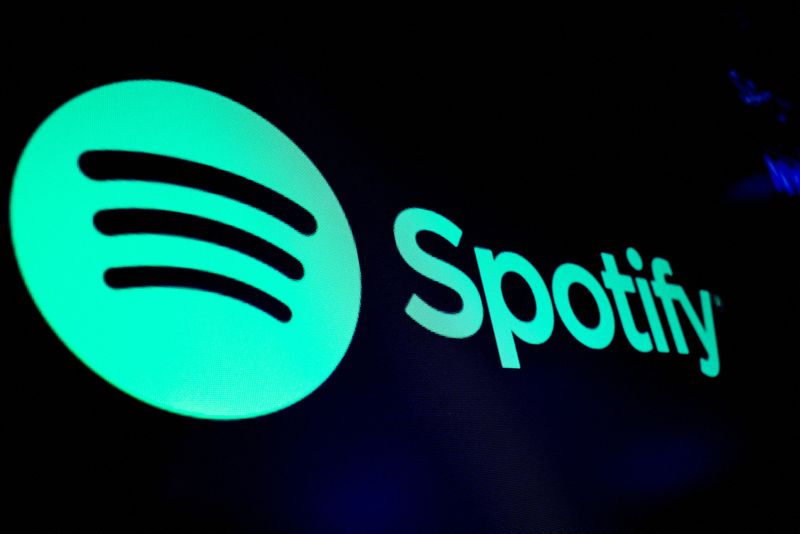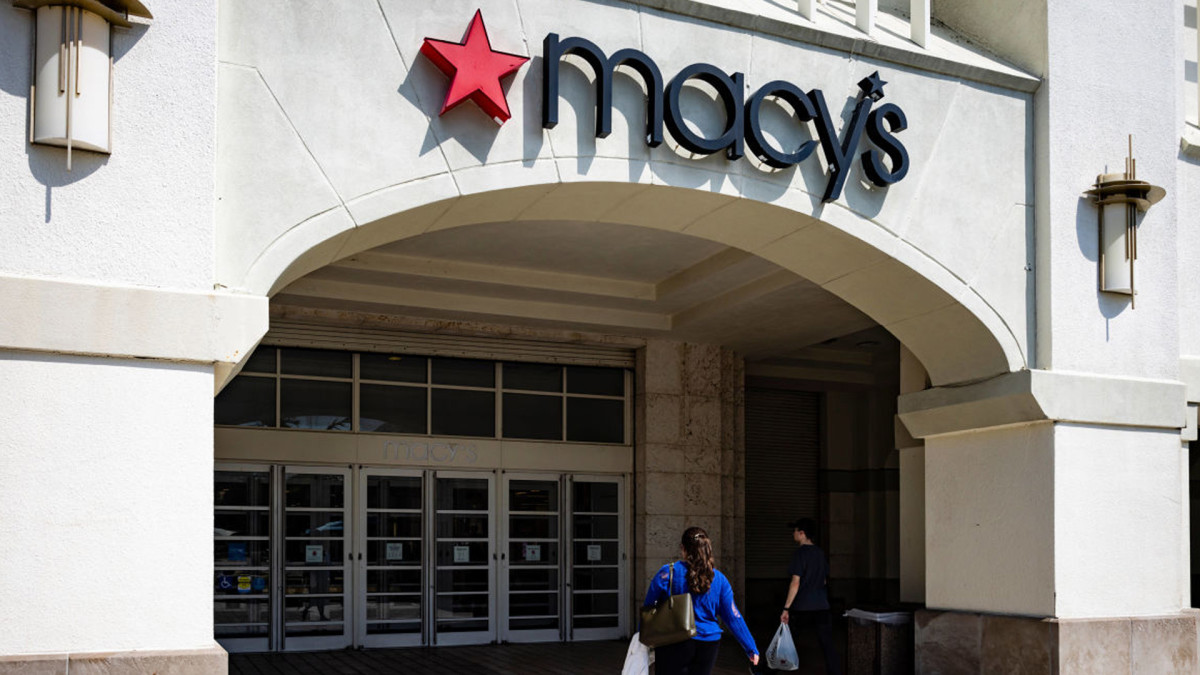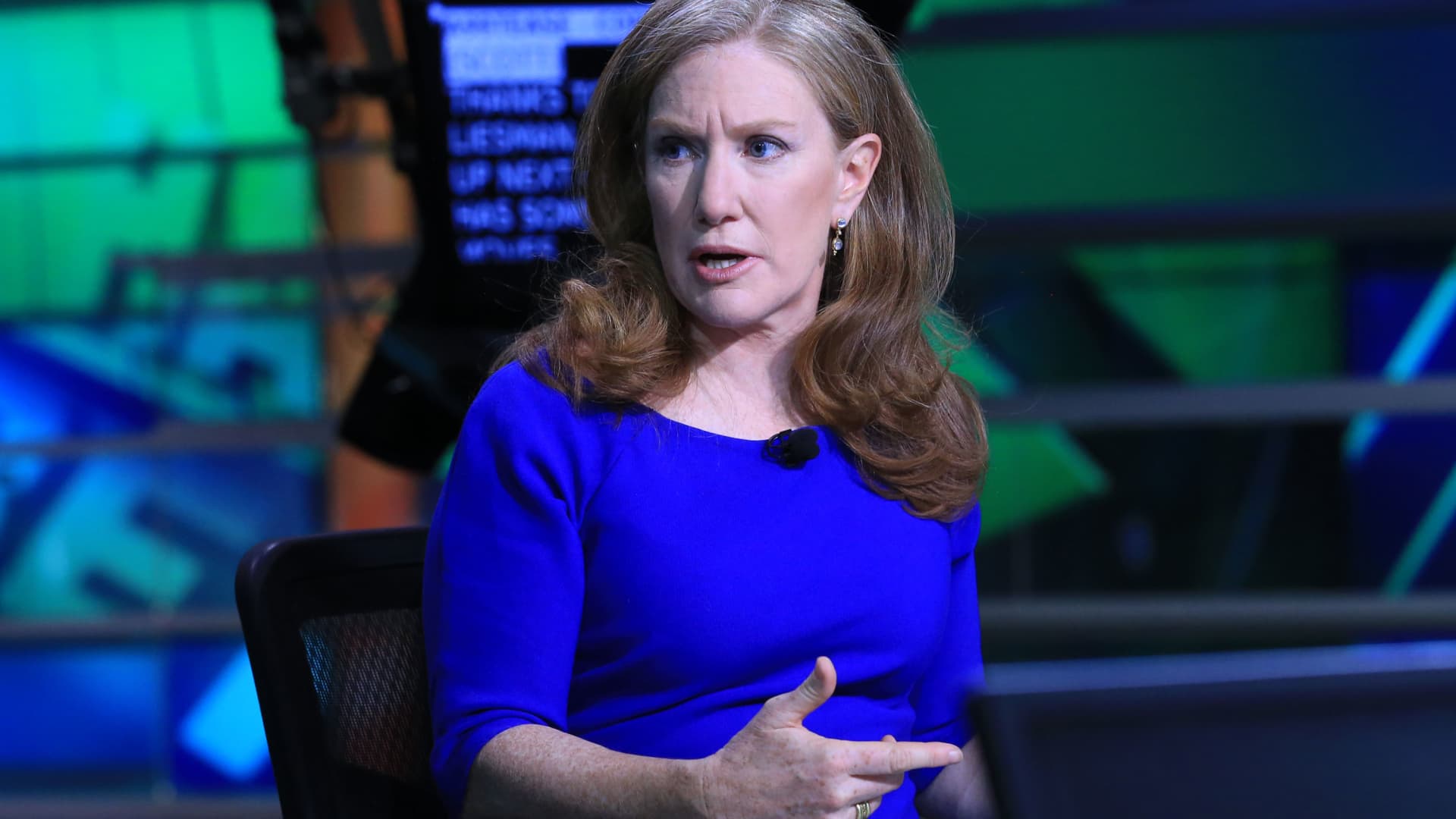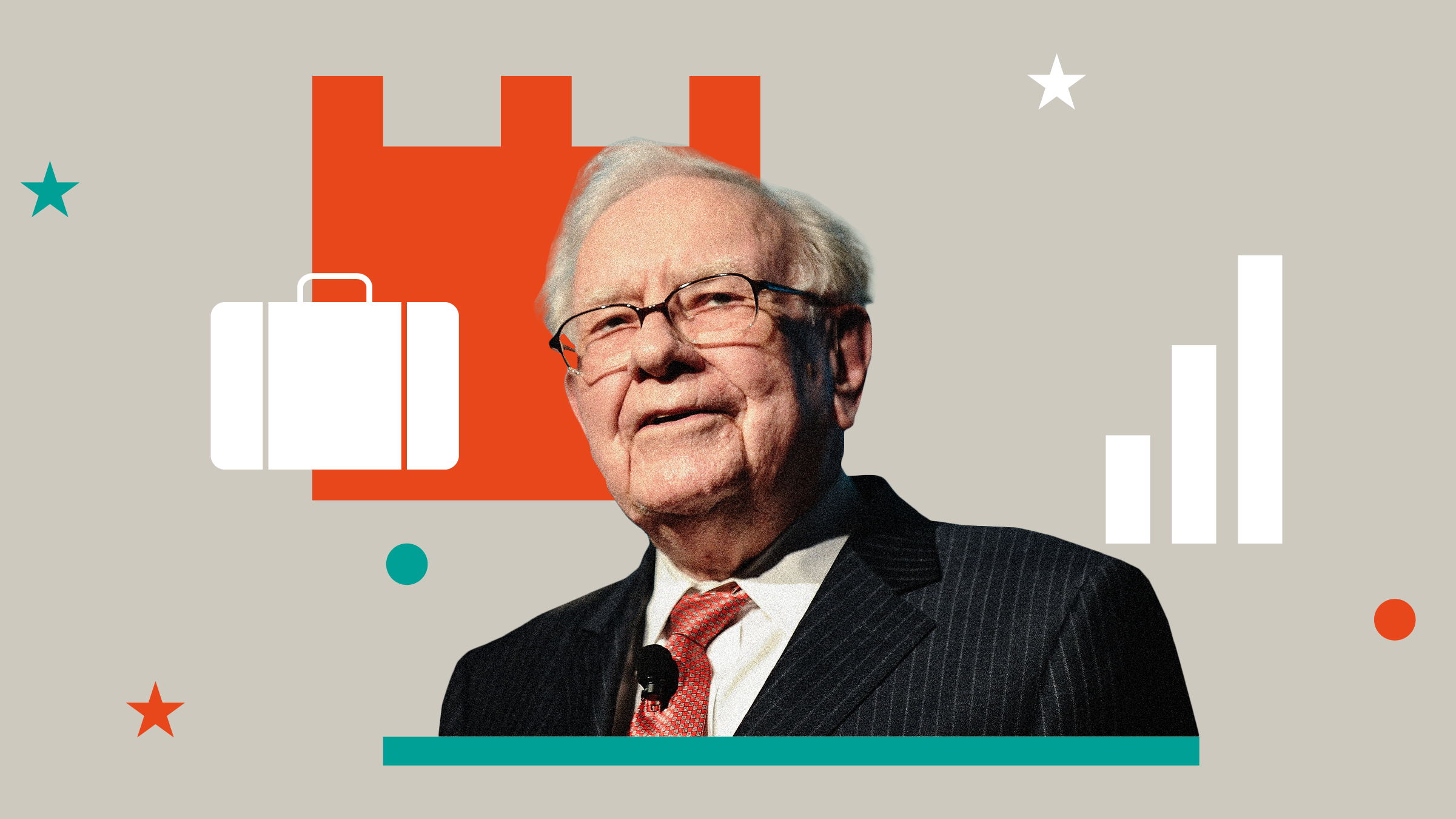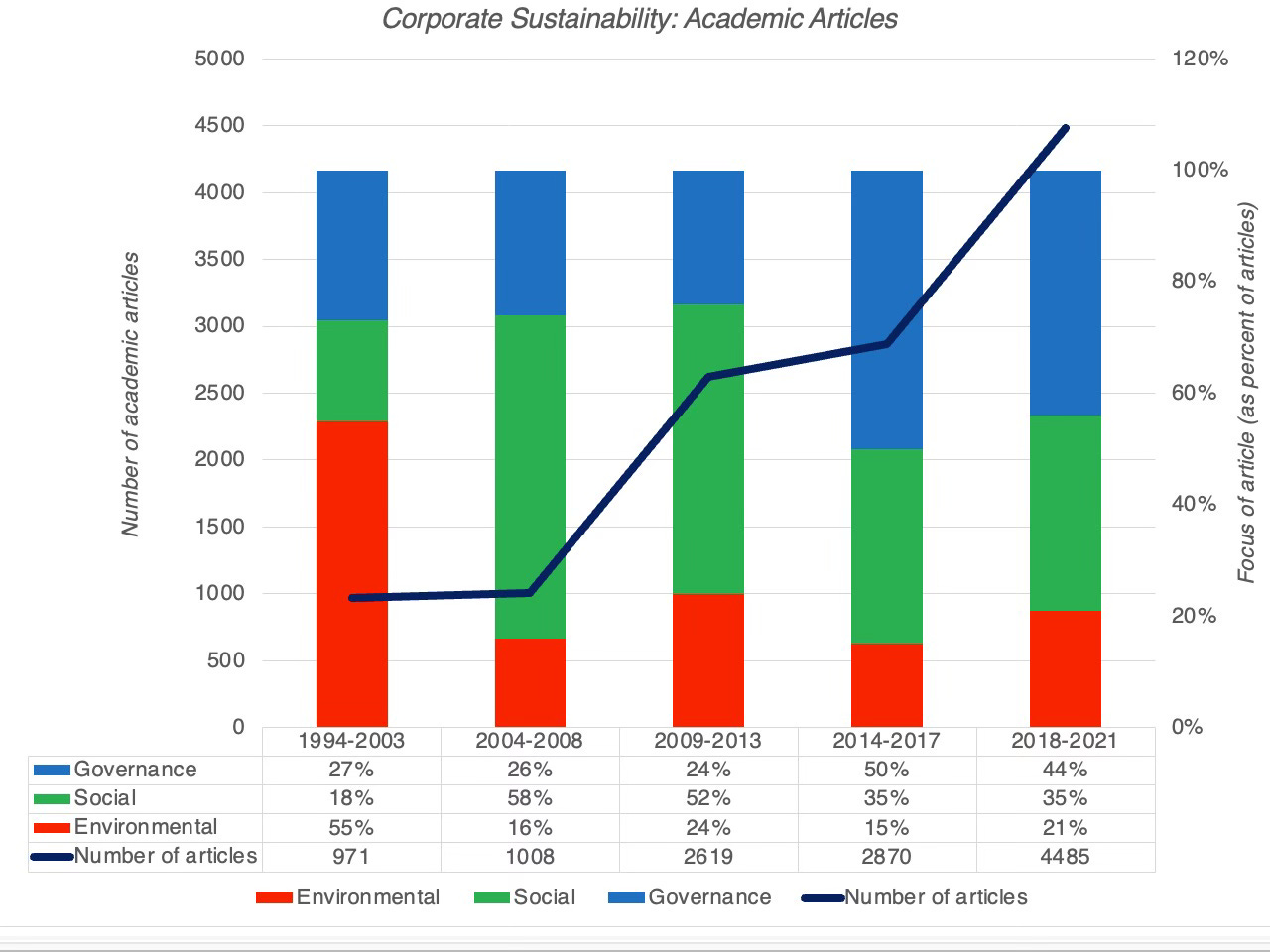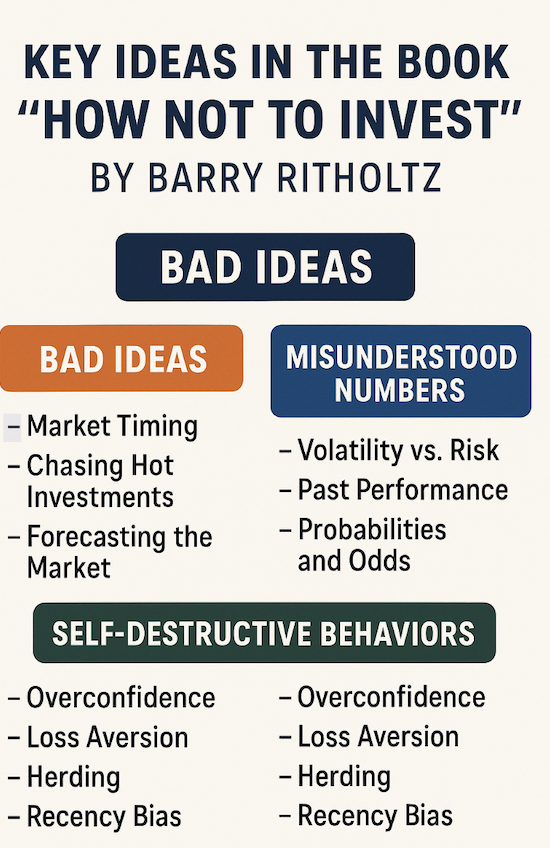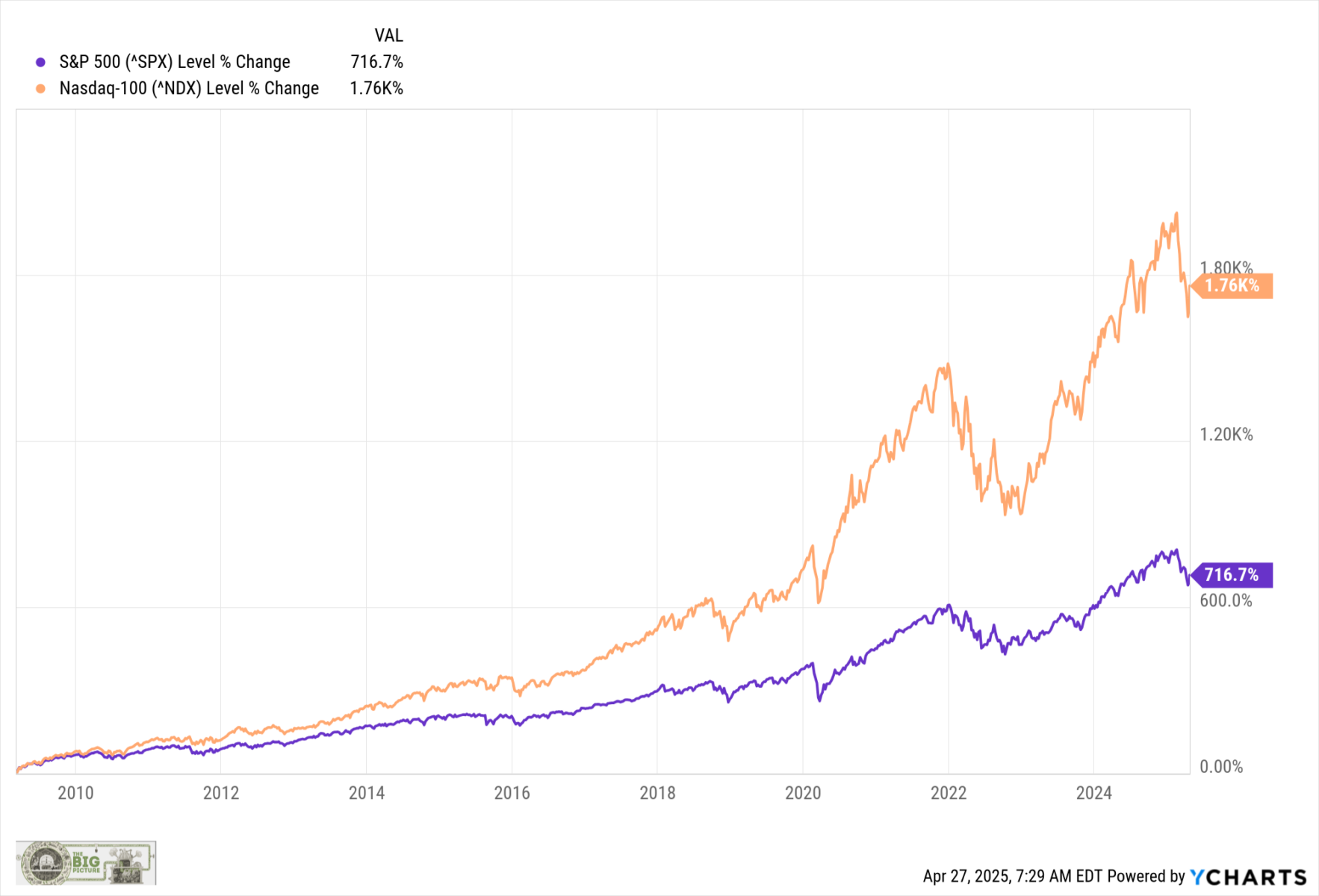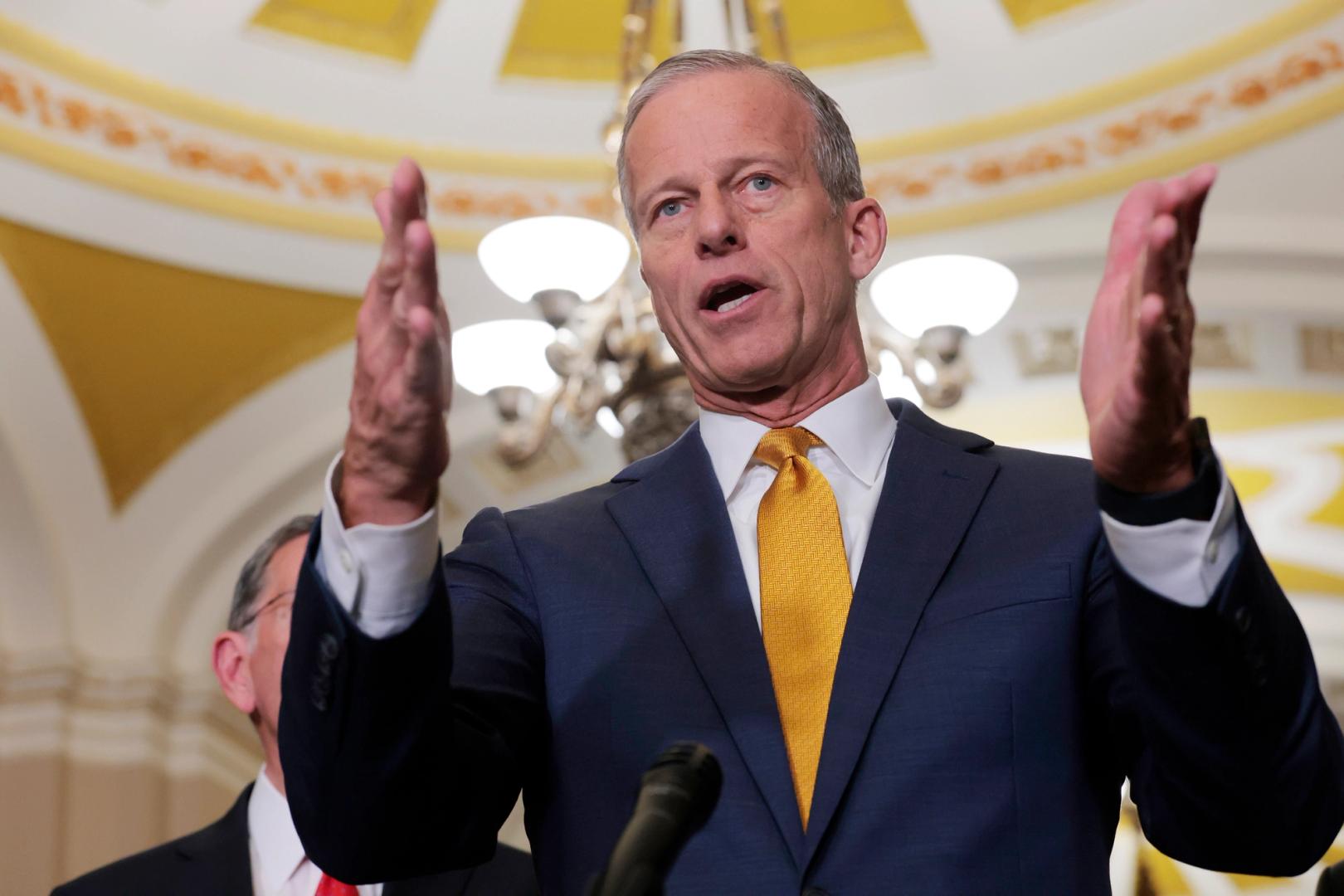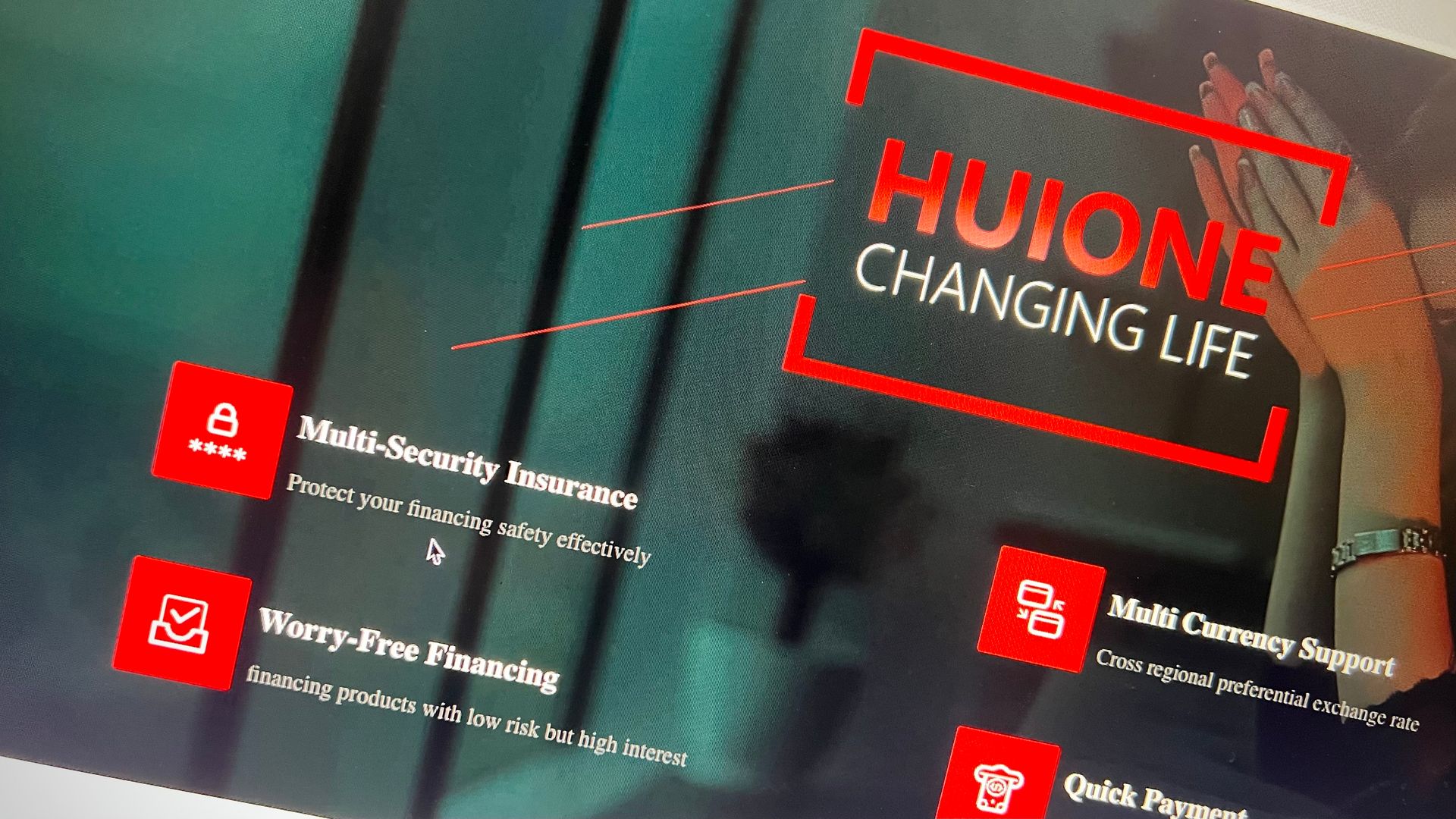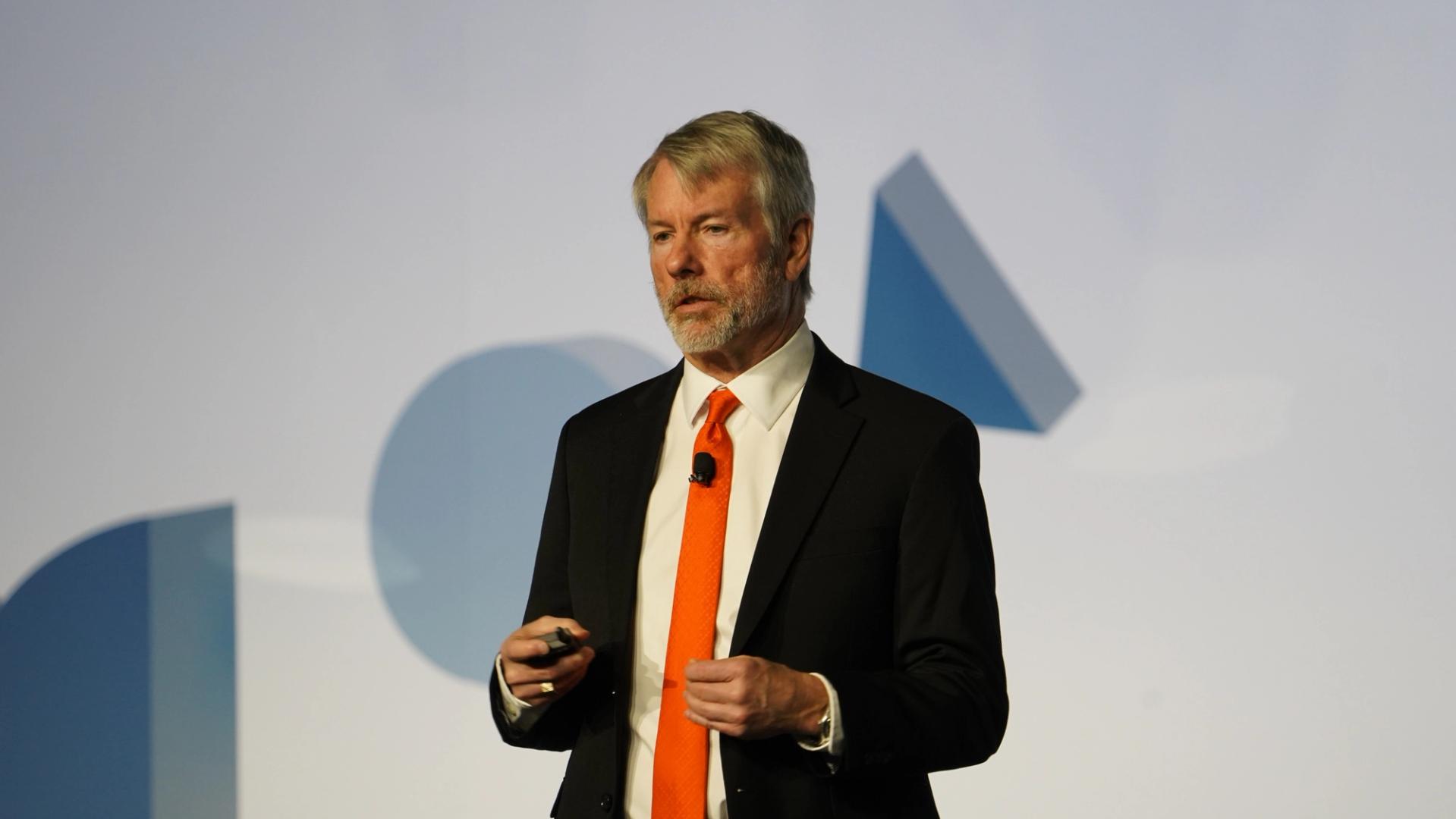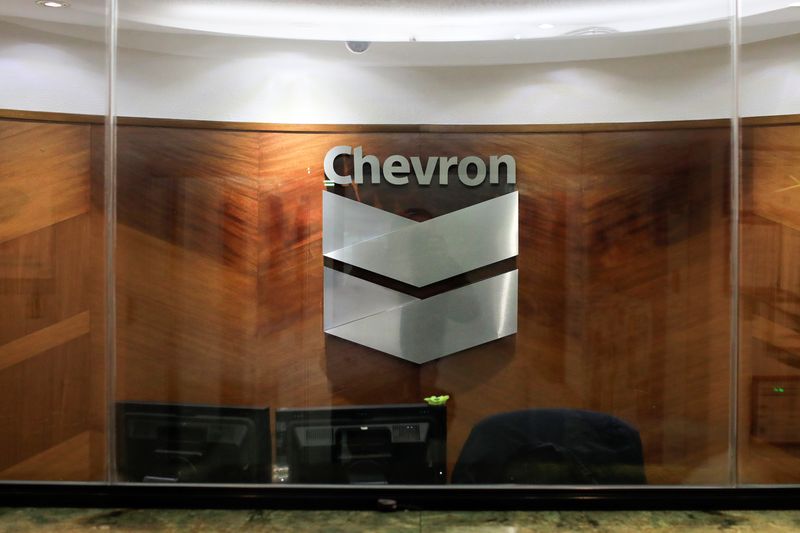Startups are famously stressful. Here’s how one wellness company is vowing to do things differently
Grow Therapy is hoping that by prioritizing employee wellness, it will help retain workers, especially Gen Z and millennials.

For years, the hustle culture of tech startups has seemed fundamentally incompatible with employee well-being. Grow Therapy wants to change that.
The platform, which connects insurance providers, licensed professionals, and clients, is working to improve mental healthcare, and the goal extends to its own employees. “The insides matching the outsides [is] the whole point,” Kristin Ohnstad, vice president of people at Grow, tells Fortune.
In addition to the traditional health, dental, and vision insurance provided by most employers, Grow’s team of 458 employees receive an annual stipend of $1,400 for wellness, personal development, and/or therapy. Employees have complete discretion over how to spend the money, and their choices run the gamut. Kevin Ramotar, director of clinical experience at Grow, spent his stipend on a virtual reality headset. Raphael Caringal, people experience specialist, is a marathon runner, so he used his money to pay the entrance fees for upcoming races, including the Independence Blue Cross Broad Street Run in Philadelphia and the New York City Marathon. Others used their money for more traditional wellness and professional development staples, such as an Apple Watch, air purifier, online courses, and a gym membership. David Aronica, director of provider recruitment, used last year’s stipend to pay his student loans.
Grow also implements a program known as Mental Health Mornings (MHM) or Afternoons (MHA), in which employees choose one day a week to either start the workday one to two hours later than usual, take an afternoon break, or log off early. “When I joined, I kind of thought of [Mental Health Mornings] as one of those perks that was nice to read in the manual, but [I] don't actually use,” Aronica says. “It's really amazing to watch. How many people do use it—especially from leadership.” Aronica is a new father, so he uses the extra hours to spend time with his daughter when she wakes up in the morning.
Founded in 2020, Grow launched during the peak of the COVID-19 pandemic, which brought with it a mental health crisis, though many experts have found that Americans, especially young people, have been dealing with increasing mental health challenges over the past decade. Even with the renewed focus on mental health in the aftermath of the pandemic, employees are not feeling supported: a Gallup survey published last year found that less than a quarter of employees believe their companies care about their mental health and well-being. Younger workers have made it clear that they want to work for companies that prioritize their well-being—they’re even willing to take a pay cut if it means a better work-life balance. As a company that strives to improve clients’ mental health, it’s that much more important that Grow prioritize employee wellness. “If you're not taking care of the people that are at the company, or people that are the helpers, it reduces their impact,” Ramotar says. “It's the concept of, [put] on your life vest before you put it on others. And I've seen this company embody that much more [than other mental health providers].”
Ohnstad says that flexibility is core to the company’s values, and that extends to the in-office policy: Employees are given a choice to work either at the New York headquarters or remotely. New York–based workers have no formal requirement to come into the office, but most employees work in-office three days a week. Remote workers receive a one-time $1,000 office stipend to set up their WFH space, as well as $140 per month for perks like lunch, coffee and tea, or a workspace rental. Employees based at headquarters receive lunch daily in the office, as well as their own stipend of $500 for their workstation.
Having not yet hit the five-year mark, Ohnstad acknowledges that Grow is “still young and learning, and we're constantly learning from other companies and leaders.” What she does know for sure is that every Grow employee, from leadership to entry-level, is central to carrying out the company mission. “[We strive to] attract leaders and managers and employees who are willing and want to build a really sustainable culture,” she says. “Because we're playing the long game. And creating a culture of burnout doesn't do anyone any good.”
This story was originally featured on Fortune.com












